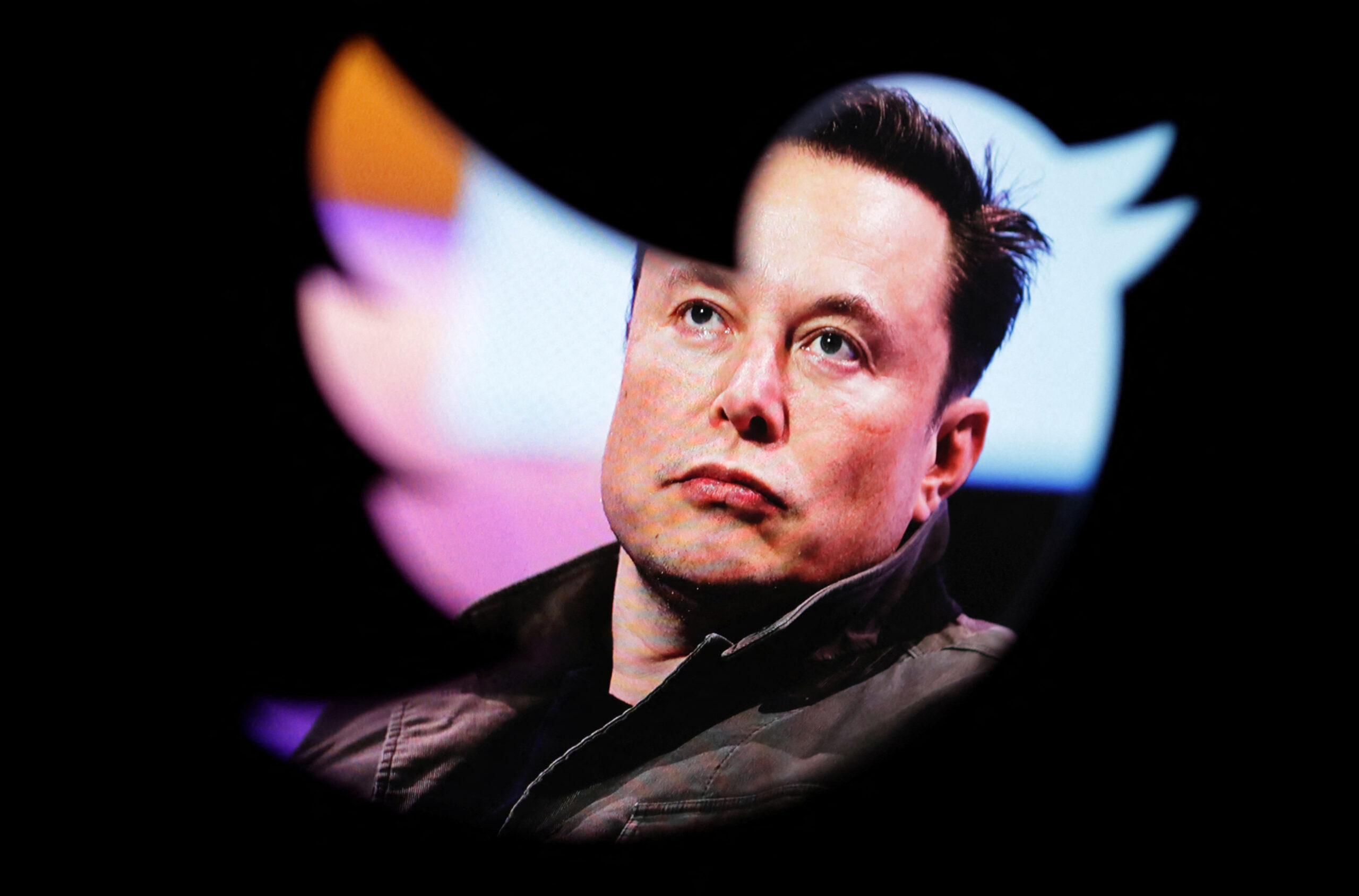Text communications that have just become public shed light on Elon Musk’s choice to buy Twitter. As part of the legal processes surrounding Twitter’s lawsuit against Musk for terminating his merger deal, a number of texts between Musk and other prominent people concerning his April plan to purchase Twitter was made public on Thursday.
According to the Washington Post, Musk chatted with a range of coworkers and acquaintances, including podcaster Joe Rogan, former Twitter CEO Jack Dorsey, Oracle co-founder Larry Ellison, and numerous other well-known individuals in the political and tech industries.
Additional information about Musk’s plans for starting his first investment and purchasing the business is revealed in the messages, including his preoccupation with the platform’s content filtering methods. Are you going to free Twitter from the crowd that enjoys censoring it? On April 4, the day his stake in Twitter became public, Rogan questioned Musk.
Musk only said that he would “advise” the business, but he wasn’t sure whether it would pay attention. The messages imply that rather than focusing on increasing corporate profits, Musk’s interests are related to free expression. While Musk was investing in Twitter shares, the majority of his conversations in the texts, including those with investor Antonio Gracias on March 5, were on permitting free speech on the network.
After the European Union established a regulation prohibiting Russian news sources from being used on social media, Musk and Gracias spoke about the need for this.
We should permit it precisely because we detest it, texted Gracias. That is the American Constitution’s ping. Musk agreed right away, saying, “Free speech matters more when it’s someone you despise saying what you believe is garbage.
According to messages sent to Dorsey, Musk had considered making Twitter private as early as March. Instead of running Twitter as a private firm, Dorsey suggested creating a “new platform” out of it and managing it via a “open source protocol.” According to Dorsey, turning the corporation into a private company was the “original sin” since it ought to have been that way from the beginning.
Further escalating the situation were Musk’s comments attacking Twitter. On April 9, when the billionaire posted a poll asking, “Is Twitter dying?,” Twitter CEO Parag Agrawal criticized Musk.
Agrawal informed Musk, “it’s my obligation to tell you it’s not helping me make Twitter better in the present setting.” Musk replied right after by rejecting the corporation’s invitation to join the board and declaring that he would launch a bid to take the firm private.
Friends including investor Jason Calacanis and Dorsey hailed Musk’s first acquisition bid for Twitter on April 25. Oh, hell yes! Musk sent Calacanis a text. “I won’t truly be in charge until the transaction is done, which will take a few months.” Ellison also applauded the proposal and would contribute $1 billion to the acquisition.
The Ukraine conflict had a significant impact on the transaction. On May 8, Musk texted a banker at Morgan Stanley, saying, “It won’t make sense to purchase Twitter if we’re headed into WW3.” After a week of challenging legal processes for the billionaire’s legal team to defend terminating the merger deal with Twitter, Musk’s messages surface.
Musk had a deposition before the court with Agrawal arranged, but it was moved to October 6 instead. Musk has also had trouble locating enough evidence to back his assertions that he was terminating the agreement because the platform had too many bots. The legal team for Twitter also charged Musk with hiding his messages from the court.
It is yet unclear how the messages would impact Musk’s case, although they do support some of his arguments that had already been made public in prior sessions. The legal teams representing Twitter and Musk will testify before the Delaware Court of Chancery between October 17 and October 21.
Source: Washingtonexaminer

